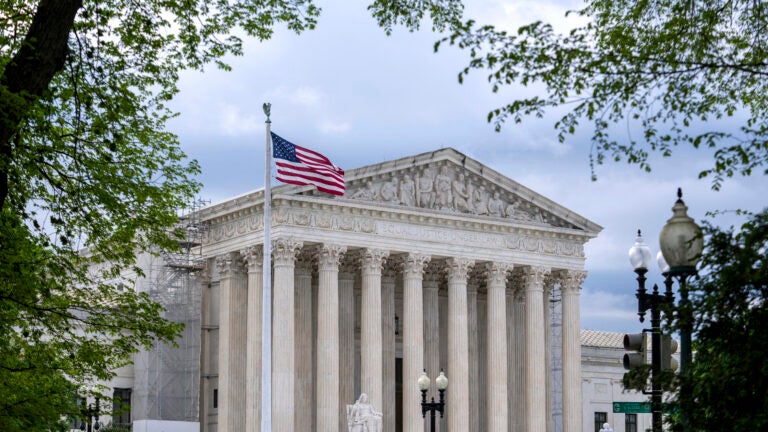
"Trump and his supporters have argued that there should be tougher standards for becoming an American citizen, which he called "a priceless and profound gift" in the executive order he signed on his first day in office."
"In a notable Supreme Court decision from 1898, United States v. Wong Kim Ark, the court held that the only children who did not automatically receive U.S. citizenship upon being born on U.S. soil were the children of diplomats, who have allegiance to another government."
"Birthright citizenship automatically makes anyone born in the United States an American citizen, including children born to mothers in the country illegally. The right was enshrined soon after the Civil War in the Constitution's 14th Amendment."
"The outcome was a victory for the Republican president, who has complained about individual judges throwing up obstacles to his agenda."
The Supreme Court ruled that individual judges cannot grant nationwide injunctions, a decision seen as a win for President Trump. However, the ruling leaves unresolved the status of Trump's proposed changes to birthright citizenship, which would deny citizenship to U.S.-born children of undocumented individuals. Birthright citizenship has been a longstanding principle, grounded in the 14th Amendment, and a 1898 Supreme Court ruling clarified that citizenship is granted to almost all born in the U.S. Trump's administration argues that children of noncitizens should not qualify as being 'subject to the jurisdiction' of the U.S.
#supreme-court #birthright-citizenship #trump-administration #judicial-authority #constitutional-law
Read at Boston.com
Unable to calculate read time
Collection
[
|
...
]